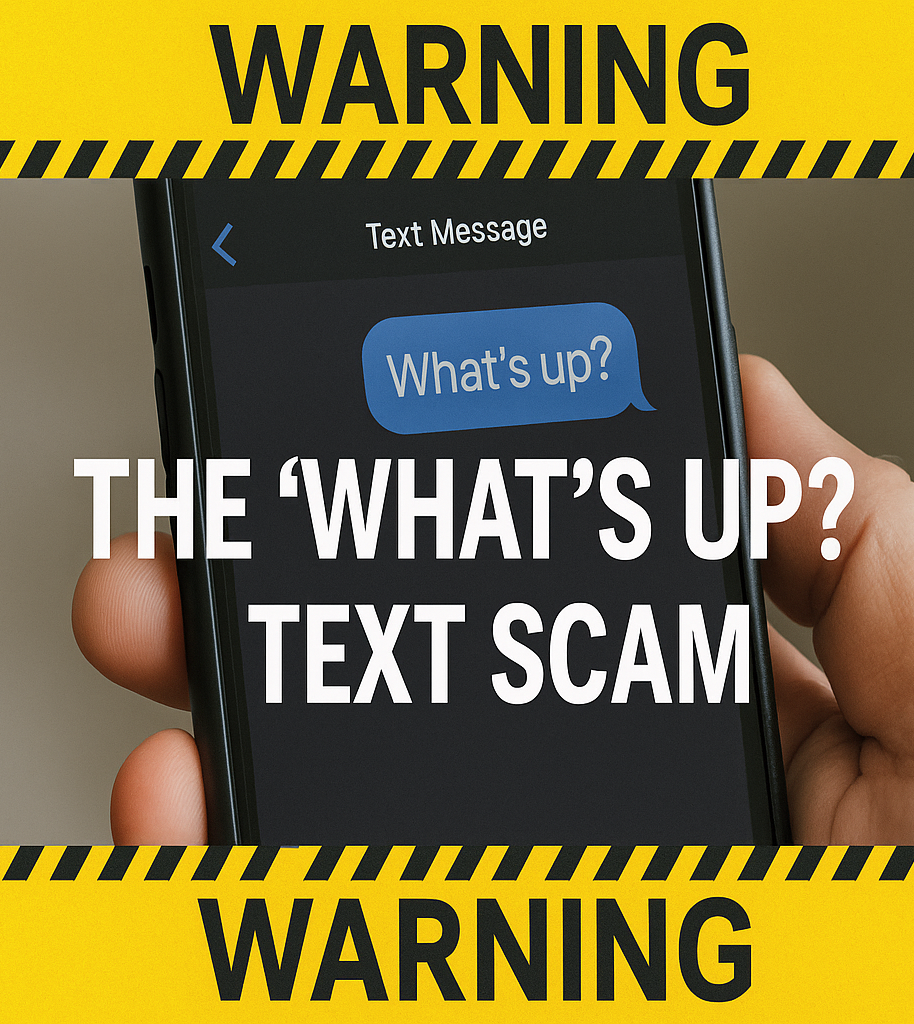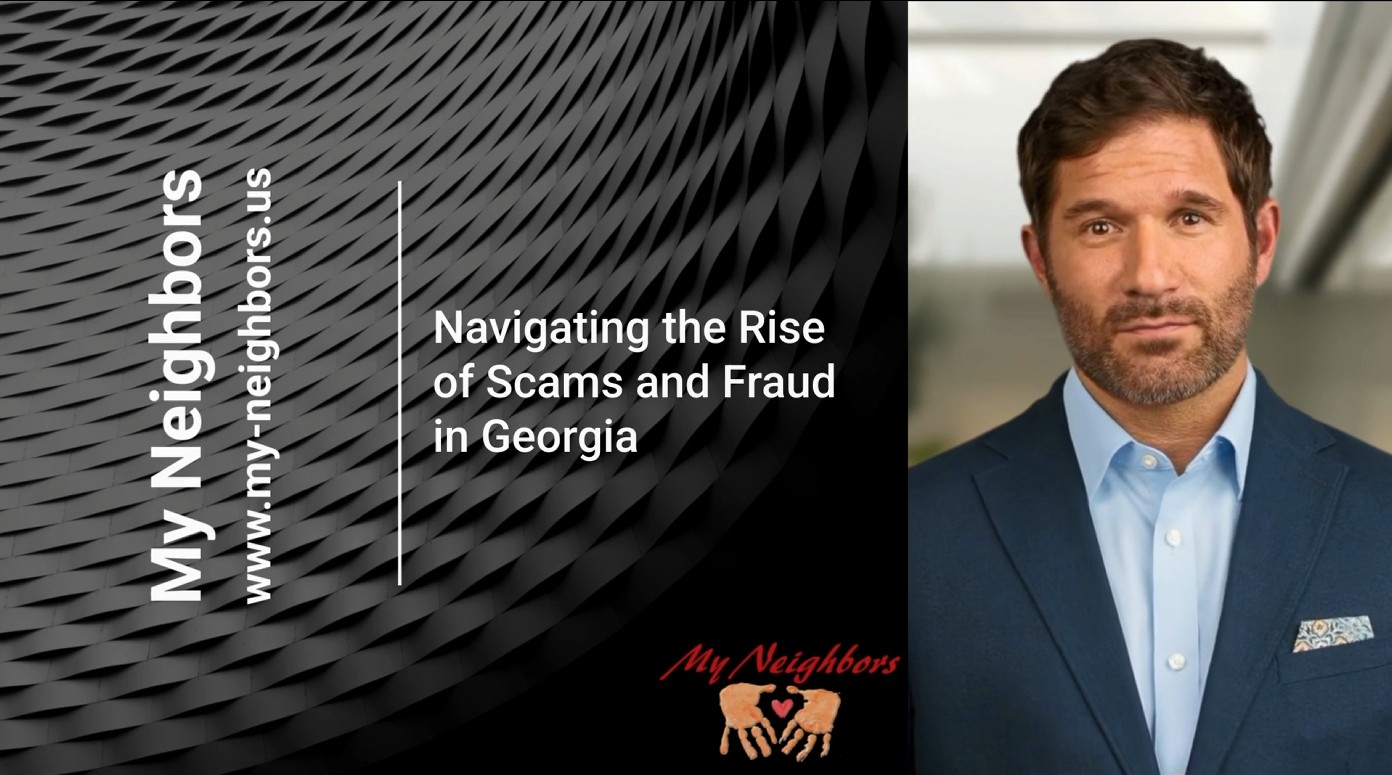The “What’s Up?” Text Scam

Have you ever received a text message from an unknown number that starts with a seemingly innocent “What’s up?” or a similar casual greeting, followed by a vague claim of knowing you? Perhaps they mention a party or a mutual acquaintance you can’t quite place? If so, you’re likely the target of a common and increasingly prevalent scam.
Just moments ago, I received a text from (437) 696-5303. It began with that very question: “What’s up?”. Immediately suspicious, as most of my contacts initiate conversations with more context, and well-aware of these deceptive tactics, I decided to play along briefly to confirm my suspicions. My simple reply, “Who is this?”, was met with the classic script: “I’m Erin, this is my photo, I saved multiple nu mbers from the party, but I don’t know who you are, so I sent this message, I hope I don’t bother you.” This was accompanied by a picture of a young woman – undoubtedly fake or stolen from someone’s online profile.
Remember these crucial pieces of advice: NEVER provide any personal information if you have even the slightest doubt about the sender’s identity, and absolutely DO NOT download any photos or other media they send, nor should you EVER click on any hyperlinks.
The scam relies on a common name like “Erin” in the hope that you might know someone by that name, even tangentially. Their goal is to keep the conversation going long enough to hook you. Even if you don’t know an “Erin,” it doesn’t deter them. They’ll likely pivot to the “wrong number” excuse, but feign continued interest in getting to know you. This seemingly innocent interaction is the bait leading to various malicious ends.
The Typical Scam Follow-Up and Variations:
Once they’ve established a semblance of familiarity, the conversation will typically take a turn towards one of these common scam scenarios:
- The “Emergency” Plea: Suddenly, “Erin” might claim to be in a dire situation – needing urgent financial assistance for a medical emergency, car trouble, or being stranded in an unfamiliar place. They will likely ask for a small amount of money initially, hoping you’ll be more willing to help someone you’ve (supposedly) just connected with.
- The “Accidental Friend” Turned Romantic Interest: The conversation might evolve into flirtatious exchanges, building a false sense of intimacy. Eventually, this can lead to requests for money for travel to meet you or other fabricated needs. This is a classic romance scam tactic.
- The “Investment Opportunity”: “Erin” might casually mention a lucrative investment opportunity, often involving cryptocurrency or another trending market. They’ll try to entice you with promises of high returns with little risk, which is a hallmark of investment scams.
- The “Wrong Number” Leading to a Different Scam: After the initial “wrong number” claim, they might segue into a completely different scam, such as offering a “free gift” that requires you to pay for shipping or provide personal details, which can lead to phishing or malware. Crucially, they might send a link to claim this “gift” – DO NOT CLICK IT.
- The “Compromising Photo/Video” Extortion: In more insidious variations, they might send a suggestive photo or video (likely fake or stolen) and then attempt to extort you, threatening to share it with your contacts unless you pay them. Downloading these files can expose your device to malware or further the scam.
How to Protect Yourself:
- Be Wary of Unknown Numbers: Exercise extreme caution when receiving unsolicited texts from numbers you don’t recognize, especially those with informal greetings.
- Don’t Engage: The best course of action is often to simply ignore and delete the message. Engaging, even to ask who they are, confirms your number is active and can lead to further attempts.
- Never Share Personal Information: Do not provide any personal details, financial information, or click on any links sent by unknown numbers. This includes your name, address, email, bank account details, or social security number.
- Be Suspicious of “Too Good to Be True” Scenarios: If someone you barely know online is offering you incredible opportunities or claiming to be in dire need of your help, it’s almost certainly a scam.
- Verify Identities Independently: If someone claims to be a mutual friend or acquaintance, try to verify their identity through your established contacts. Don’t rely solely on the information provided in the text message.
- **DO NOT DOWNLOAD ANYTHING: Avoid downloading any photos, videos, or other media sent by unknown numbers. These files could contain malware or be used for malicious purposes.
- **NEVER CLICK ON LINKS: Do not click on any hyperlinks sent by unknown numbers. These links can lead to phishing websites designed to steal your credentials or install malware on your device.
- Block the Number: After receiving a suspicious text, block the sender’s number to prevent further contact.
What To Do If You’ve Engaged or Been Scammed:
- Cease All Communication Immediately: Stop responding to the messages.
- Document Everything: Take screenshots of the text messages and any other relevant information.
- Report the Scam:
- Federal Trade Commission (FTC): Report the scam online at ReportFraud.ftc.gov.
- Your Local Law Enforcement: While they may not be able to investigate every individual case, reporting helps them track trends and patterns.
- Your Mobile Carrier: Inform your mobile phone provider about the spam or scam texts. They may have measures in place to block such numbers.
- If You’ve Sent Money: Contact your bank or financial institution immediately to report the fraudulent transaction. They may be able to recover some of the funds, although this is not guaranteed.
- If You’ve Shared Personal Information: Take steps to protect your accounts. Change passwords for your online accounts and consider placing a fraud alert on your credit report.
- If You Clicked a Link or Downloaded Something: Run a full scan of your device with reputable antivirus and anti-malware software. If you entered any personal information on a website you accessed through the link, change your passwords immediately.
The “What’s up?” text scam, while seemingly innocuous at first, is a dangerous gateway to various forms of exploitation. By being aware of these tactics and following the advice above, you can protect yourself from becoming the next victim. Stay vigilant and remember: if a message from an unknown number feels off, it likely is.


My Neighbors













Get involved!
Comments